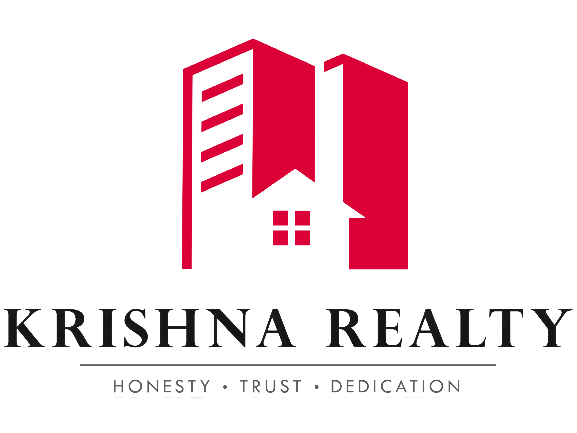Is It Worth Living In a High-Rise Apartment?
Finding the right home can be challenging, especially with so many different types of housing to choose from, such as flats, apartments, and villas. If you’re looking for a home in the city, an apartment, especially a high-rise apartment, may be the perfect option for you. But what exactly is a high-rise apartment?
What is a High Rise Apartment?

A high-rise apartment is a type of residential building characterized by its tall structure, typically consisting of multiple floors or levels. These buildings are designed to accommodate a large number of apartments or condominium units within a relatively small footprint of land. Key features of high-rise apartments include.
Advantages of High-Rise living?
1. Spectacular Views
One of the most notable advantages of high-rise living is the potential for breathtaking views of the cityscape, skyline, rivers, mountains, or other scenic landscapes. Residents on higher floors can enjoy panoramic vistas that are often unavailable in lower-rise buildings.


2. Proximity to Urban Amenities
High-rise apartments are typically located in or near city centers, offering residents easy access to a wide range of amenities, including restaurants, shops, entertainment venues, cultural attractions, and public transportation. This can reduce the need for long commutes and provide a vibrant, convenient lifestyle.
3. Security
High-rise buildings often have enhanced security features such as controlled access, security personnel, surveillance cameras, and intercom systems. These measures can contribute to a heightened sense of safety and peace of mind for residents.


4. Amenities
Many high-rise apartment complexes offer on-site amenities like fitness centers, swimming pools, rooftop gardens, lounges, and concierge services. These amenities can enhance residents’ quality of life and provide convenient options for recreation and relaxation.
5. Community and Social Interaction
The close proximity of neighbors in a high-rise building can foster a sense of community. Common areas, social events, and shared facilities can facilitate interactions and help residents build connections with others in the building.


6. Reduced Maintenance Responsibilities
High-rise living often means fewer maintenance responsibilities for residents. Property management companies or homeowner associations typically handle common area maintenance, landscaping, and exterior upkeep, relieving residents of these tasks.
7. Efficient Use of Space
High-rise buildings are designed to maximize the use of available land, making them an efficient solution for housing a large number of residents within a relatively small footprint. This can help reduce urban sprawl and contribute to more sustainable development.


8. Minimal Yard Work
For those who prefer not to deal with yard maintenance, high-rise living eliminates the need for lawn care, gardening, and snow removal, which can be time-consuming and physically demanding.
It’s important to note that while high-rise living offers numerous advantages, it may not be the right choice for everyone. Some people prefer the space and privacy of single-family homes or lower-rise buildings, and the cost of living in a high-rise apartment can be higher in some cases. Individual preferences, lifestyle, and financial considerations should be carefully weighed when deciding on the type of housing that best suits one’s needs and priorities.
Disadvantages of High-Rise living?
1. Limited Space
High-rise apartments typically offer less living space than single-family homes. This can be especially challenging for families or individuals who require larger living areas or additional bedrooms.


2. Noise
Living in close proximity to many neighbors can result in increased noise levels from adjacent units, common areas, elevators, and street traffic. Noise insulation measures are essential but may not eliminate all disturbances.
3. Elevator Dependence
High-rise living often means reliance on elevators for vertical transportation. Elevator breakdowns or maintenance can inconvenience residents, especially those living on higher floors.


6. Limited Outdoor Space
Parking can be a problem in high-rise buildings. Limited parking spaces may result in additional costs for residents who need a dedicated parking spot, and finding street parking can be challenging in densely populated areas.
7. Parking Challenges
While residents may have fewer maintenance responsibilities for their individual units, they often pay monthly maintenance fees or homeowner association dues to cover common area upkeep. These fees can be significant and may increase over time.

When considering high-rise living, it’s essential to weigh these disadvantages against the advantages and assess how well the lifestyle aligns with your needs, preferences, and financial situation. Conduct thorough research on specific buildings and their management to gain a better understanding of the potential challenges and benefits associated with high-rise living in your chosen location.
